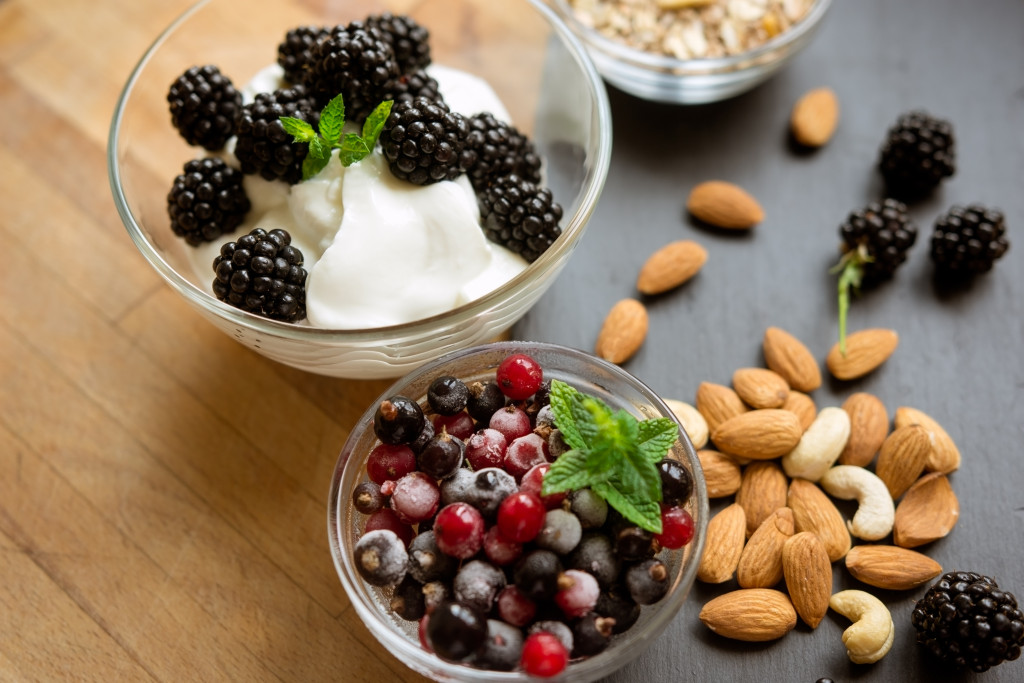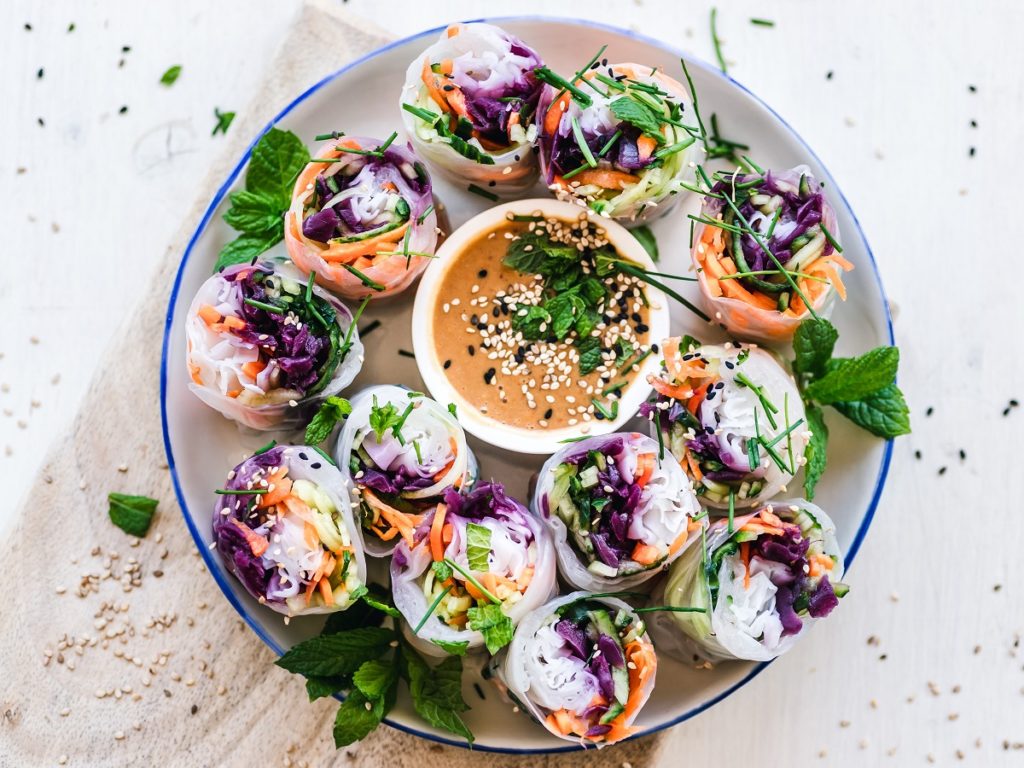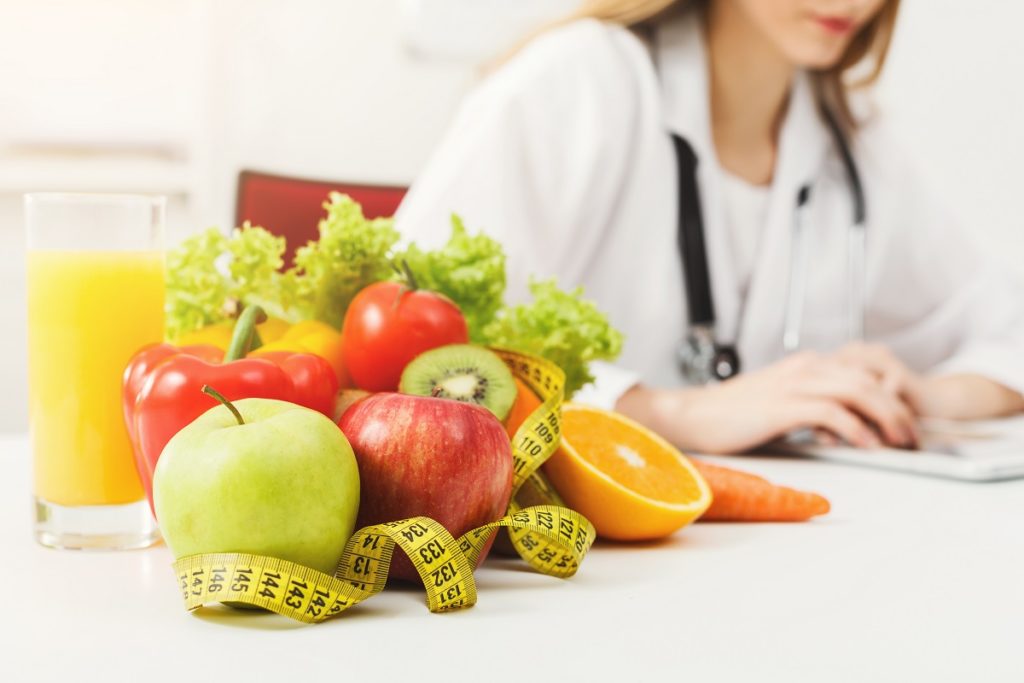Veganism is a dietary philosophy that abstains from all animal products —including meat, eggs, dairy, and more. Though often associated with eating disorders and social outcasts, many people choose to go vegan for ethical reasons or simply because they believe in a plant-based diet. To support their decision, you can donate to nonprofit organizations or on websites like GoFundMe. In addition, you could join local vegan groups and talk about your concerns there as well. But if you want to see what it’s like to live on fruits and veggies alone, try these simple tips for becoming a conscious consumer. The earth will thank you.
Dairy Farming Harms the Environment
The production of milk has been estimated to produce 3.4% of total greenhouse gases emissions within the US, and that was back in 2017. Producing dairy releases about two tons of carbon dioxide per gallon, which equates to a whopping 100 million tons per year. The rearing and slaughtering of cows is also a major source of methane, which is 23 times more potent at trapping heat in our atmosphere than carbon dioxide. By being vegan, this number would decrease in time.
Cleans the Soil
When a vegetable or fruit is plucked from its plant, nutrients are pulled along with it. These nutrients make their way into our landfills when we throw away our food. The study authors found that if everyone went vegetarian one day a week, 12 billion pounds of greenhouse gases would be saved each year—the equivalent to about 4.5 million cars driven for one year! It’s an enormous carbon sink.
Saves Water
Going vegan can save massive amounts of water. The United Nations says animal agriculture is responsible for up to 70% of freshwater consumption worldwide. According to another report, it takes 2,500 gallons of water to produce 1 pound of beef, about 1 gallon for a pound of pork, and a quarter gallon for a pound of chicken. If you go vegan and reduce your meat intake by just 20%, you’ll save half a ton of CO2 equivalent per year; that’s like taking your car off the road for 5 months.
Most experts agree that not eating meat at all would have an even bigger impact. It’s also important to note that eating too much processed food or red meat is bad for your health too; eating less but healthier foods is good for everybody!
Reduces Pesticide Use
Pesticides are used in large amounts to grow crops that animals are fed, and also to control insects and weeds that destroy fruits, vegetables, and flowers. These pesticides can be harmful to humans as well as to other living organisms; chemicals like DDT have even been found to be carcinogenic. By reducing or eliminating animal products from your diet, you can reduce your intake of pesticides and keep yourself—and other humans—safe from harm.
End World Hunger
The more meat, dairy, and eggs you leave off your plate, the fewer animals will be bred into existence to create said meat, dairy, and eggs. Fewer animals mean less food is needed to feed them. Less food means there’s a greater surplus for humans and other animals who need it. A little empathy goes a long way toward making our world better for everyone. Food grown isn’t all consumed by people since 70% of the grain in the US is given to livestock.
Good For the Economy
Animal farming is not only cruel, but it also contributes to environmental degradation. In addition to contributing to climate change, livestock production is a leading cause of water and air pollution. A staggering 51% percent of global greenhouse gas emissions can be attributed to meat production alone. But reducing or eliminating your consumption of animal products will have a lasting impact on our planet: in addition to cutting down on greenhouse gas emissions, reducing or eliminating your consumption of animal products will reduce or eliminate pollution from farmland runoff and over-fertilization from large animal farms, which can lead to dead zones in our oceans.
You’ll save countless animals from horrendous suffering with each product you consume or purchase that does not contain animal ingredients. And you’ll likely feel healthier for it, too!
Better for Human Health

Eating a plant-based diet is healthier for us. What’s more, is that these foods can improve your physical endurance and fight disease by providing key nutrients. Vegetarian diets are cholesterol-free and rich in fiber. They have high concentrations of minerals like calcium, iron, zinc, and magnesium.
While switching to a plant-based diet may seem like one more thing you have to do, especially if you’re already busy with work and social obligations, it also might be one of the easiest things you can do to better both your health and that of our planet. When you think about all that eating meat requires, it’s easy to see why a vegan diet is an environmentally friendly alternative.



